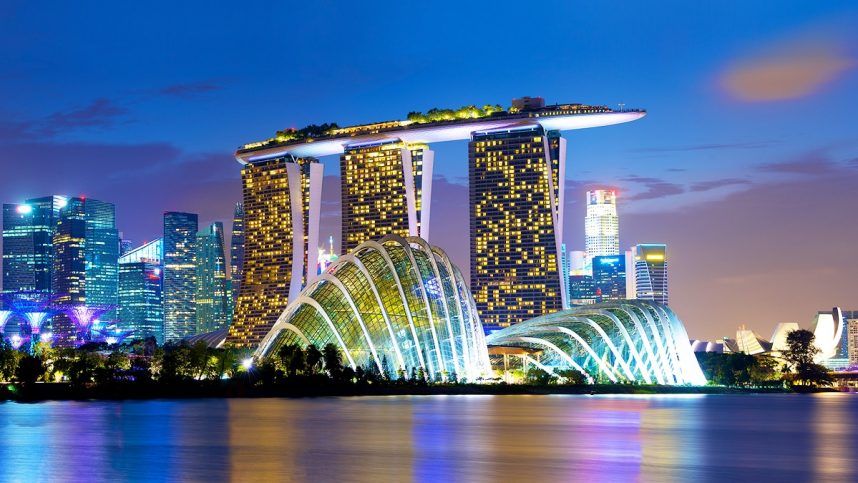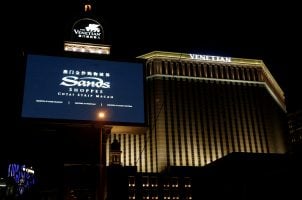Las Vegas Sands Credit Rating Could Be Hindered by Shareholder Rewards
Posted on: April 3, 2024, 04:32h.
Last updated on: April 4, 2024, 10:03h.
Las Vegas Sands’ (NYSE: LVS) shareholder rewards efforts, including buybacks and dividends, could be headwinds to a credit ratings upgrade, according to Moody’s Investors Service.

In reiterating a “Baa3” rating with a “stable” outlook on the casino operator, Moody’s said it expects Sands to continue paying dividends and repurchasing its shares — moves that could act as “credit constraints.” The Baa3 grade is three notches into junk territory on the Moody’s ratings scale. After suspending its quarterly payout in the early days of the coronavirus pandemic, LVS restarted dividends last July, paying out $150 million to investors in the third and fourth quarters.
The stable outlook reflects our expectation that visitation and gaming revenues will continue to ramp up in 2024, enabling Las Vegas Sands to restore credit metrics to levels in line with our expectations for the Baa2 Sand China Ltd / Baa3 Las Vegas Sands senior unsecured ratings, including leverage in the low 3x range,” observed Moody’s.
Currently, Sands China doesn’t pay a dividend, making it one of three Macau operators not doing so, but analysts believe the company will be the next to rejoin the Macau dividend group. LVS also announced a $2 billion share repurchase program last October.
Expansion Could Also Hinder Sands Credit Rating
Moody’s noted Sands is likely to continue preserving ample liquidity, manage upcoming debt maturities, and possibly pare overall debt. However, leverage could increase should the operator prove successful in pursuit of various new projects.
Those include a New York City-area casino permit, a Texas integrated resort, and the possibility of bidding on a Thailand casino should that country formally approve regulated gaming. Of those three, New York is the most likely over the medium term, but even in that case, it could be late 2025 before bidders there know their fates.
Moody’s expressed concern that as LVS pursues “further and significant global casino resort development opportunities that will likely be funded largely with debt that could lead to temporary leveraging.”
Sands’ credit rating and outlook are supported by the “high quality, popularity, and favorable reputation” of the operator’s venues.
Sands Still Has Strong Cash Position
Sands isn’t funding shareholder rewards with newly issued debt, a positive in a high interest-rate environment. The company had $5.11 billion in unrestricted cash balances at the end of last year, indicating it has the resources to support buybacks and dividends.
Additionally, restarting the dividend was meaningful because prior to the suspension, Sands had one of the best reputations for payout growth in the broader consumer discretionary cyclical. Likewise, a downgrade of its credit rating doesn’t appear likely over the near term.
Moody’s added that LVS could see its credit rating downgraded if the operator’s liquidity is pinched or if the gaming company’s earnings recovery takes longer than expected. A surprising reversal of recent fortune in Macau or a broader reduction in consumer cyclical are other factors that could trigger a downgrade.
Related News Articles
26 Capital Calls Okada Manila Countersuit ‘Desperate’ Strategy
Las Vegas Sands Trounces Q1 Estimates on Macau Recovery
Wynn CEO Craig Billings, Other Execs Reduce Positions in Casino Stock
Macau Concessionaires’ Debt Reduction Slow Process, Says Fitch
Most Popular
Mirage Las Vegas Demolition to Start Next Week, Atrium a Goner
Where All the Mirage Relics Will Go
Most Commented
-
Bally’s Facing Five Months of Daily Demolition for Chicago Casino
— June 18, 2024 — 12 Comments
















No comments yet